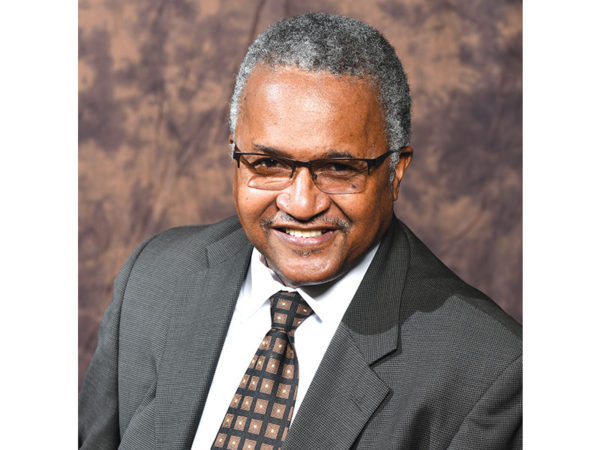It took an overflow crowd of angry blacks to stop the City of Monroe from passing two resolutions that would have dramatically reduced minority participation in city contracts had they passed.
It’s disappointing that a Black majority city council and a Black chairman who controls the protocols allowed either item on the agenda.
One item sought to allow the city to give contracts without bids if the contract amount is less than $250,000. At present, that amount is $30,000. It would mean that the city would be free to pass out contracts to favored friends without the hassle of public bids, only quotes. DBE rules which govern the bid process would be eliminated. This item was voted down by the power of the black majority, thanks to the crowd.
Tied to that was the second proposal which sought to replace the city’s target goal of minority participation from 12 percent to 15 percent involvement. On the surface, it appears that the city is increasing its goal for minority participation. However, that change allows the city to comply with state and federal mandates only. It would not apply to locally funded contracts and procurements. This was pulled from the agenda, thanks to the crowd.
Under the Mayo Administration, the city had a miserable DBE track record, and the Ellis Administration, in its first year, is trending worse. Neither administration aggressively sought to involve minorities in non-federal or state projects.
The city spends millions of its own dollars every year, but it routinely ignores that lofty 12% goal. Its DBE policy even allows it to set aside a certain amount of any project for competition only among minorities, but according to the city’s present policy, the city has opted not to provide set-asides for minorities.
The city also has a 10 percent set aside for minorities and women to procure goods and services; neither the Mayo nor Ellis Administration used that tool.
Even though the city has a 12 percent goal for state and federal contracts, that doesn’t apply locally. Recently, the council approved a contract for over $700,000 on a zoo project with a “goal” of 3.8 percent minority participation. Two weeks ago, the city approved a minimum contract for a New Orleans company to study downtown improvements estimated at $120,000 for phase one. There is no 12 percent DBE participation requirement. Tuesday, the council approved a request for proposals for work at the sewer treatment plant; the RFP requirements do not mention the 12% goal. It also approved an $85,000 contract with a company to repair a bridge over Bayou Desiard with no 12 percent DBE stipulated.
All of Tuesday’s actions were approved by the majority Black city council without anyone asking the “Charles Johnson Interrogative.” Johnson was the extremely afro-centric councilman from District five who inspected every bid and contract and asked his famous question, “How much of this is going to black folks?” It became known as the Charles Johnson Interrogative?”
Before the city changes its DBE policy, the city council should push the mayor to authorize a “Disparity Study” to learn how much the city spends with black folks. Cities like Alexandria and New Orleans conducted Disparity studies and adjusted their DBE policies accordingly with new goals as high as 35 to 40 percent.
A “Disparity Study” is conducted by a professional company that reviews about five years of contracts by the city and analyzes each one, interviews black contractors to discover obstacles to participation, and then produces a detailed report that tells the story.
The study reveals the actual amount the city spends with DBEs and reports problems and suggestions. The numbers won’t lie, and they form the basis for any new policy the city adopts.
General Contractors who have enjoyed the gravy train for decades will resist any effort to conduct a disparity study. They will give a thousand reasons why it shouldn’t be done. However, it would form the factual basis needed to shape a new DBE policy that involves all city contracts and procurements, state, federal and local.
It will be the first step in erasing the line that divides us economically.
The City of Monroe has a 67 percent African-American population that comprises a majority of the Monroe City Council but gets less than 4% of contracts with the unbelievably low goal of 12 percent.
The Mayo Administration said we are “One City, one future.” The Ellis Administration says we are “OneRoe.”


